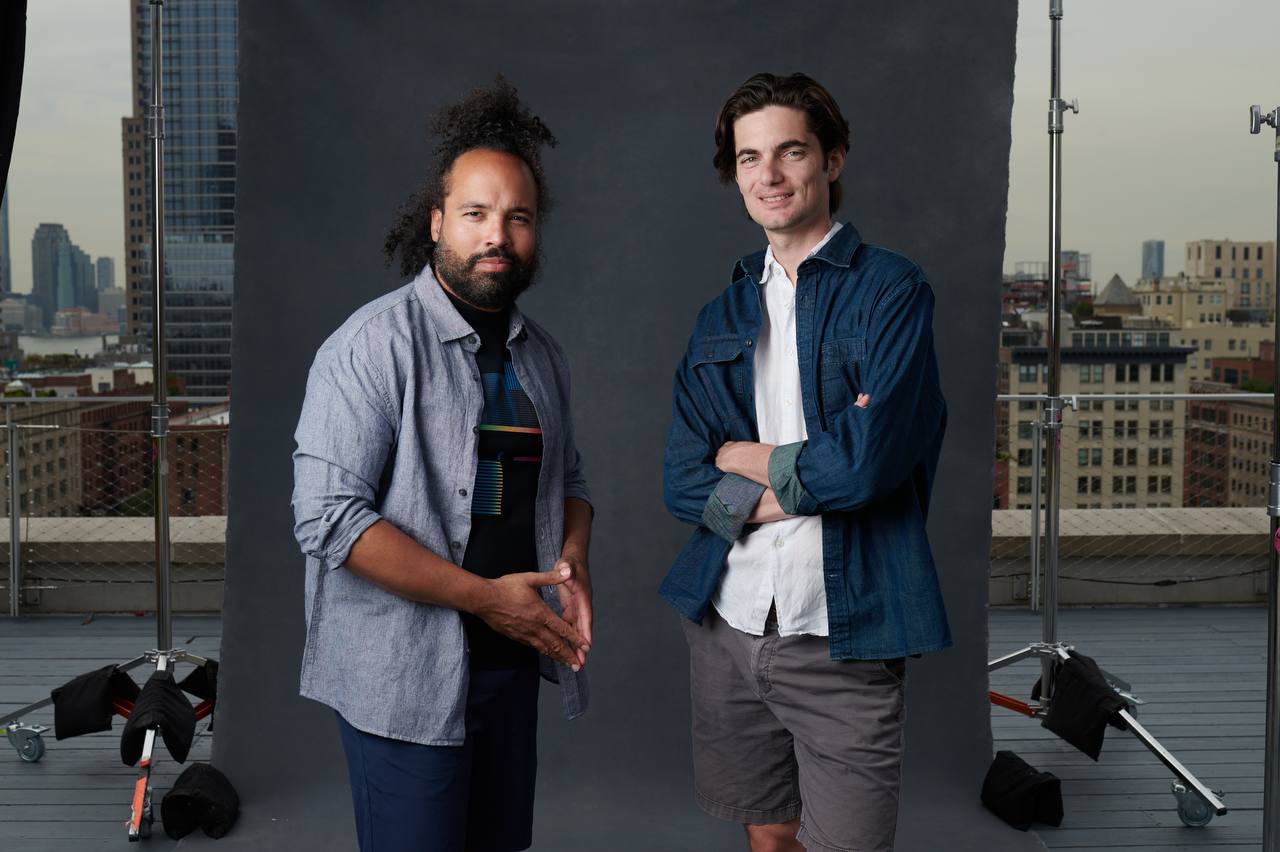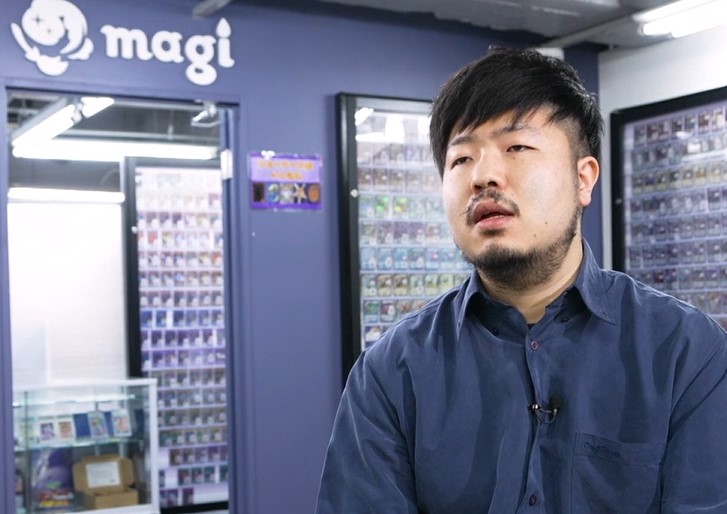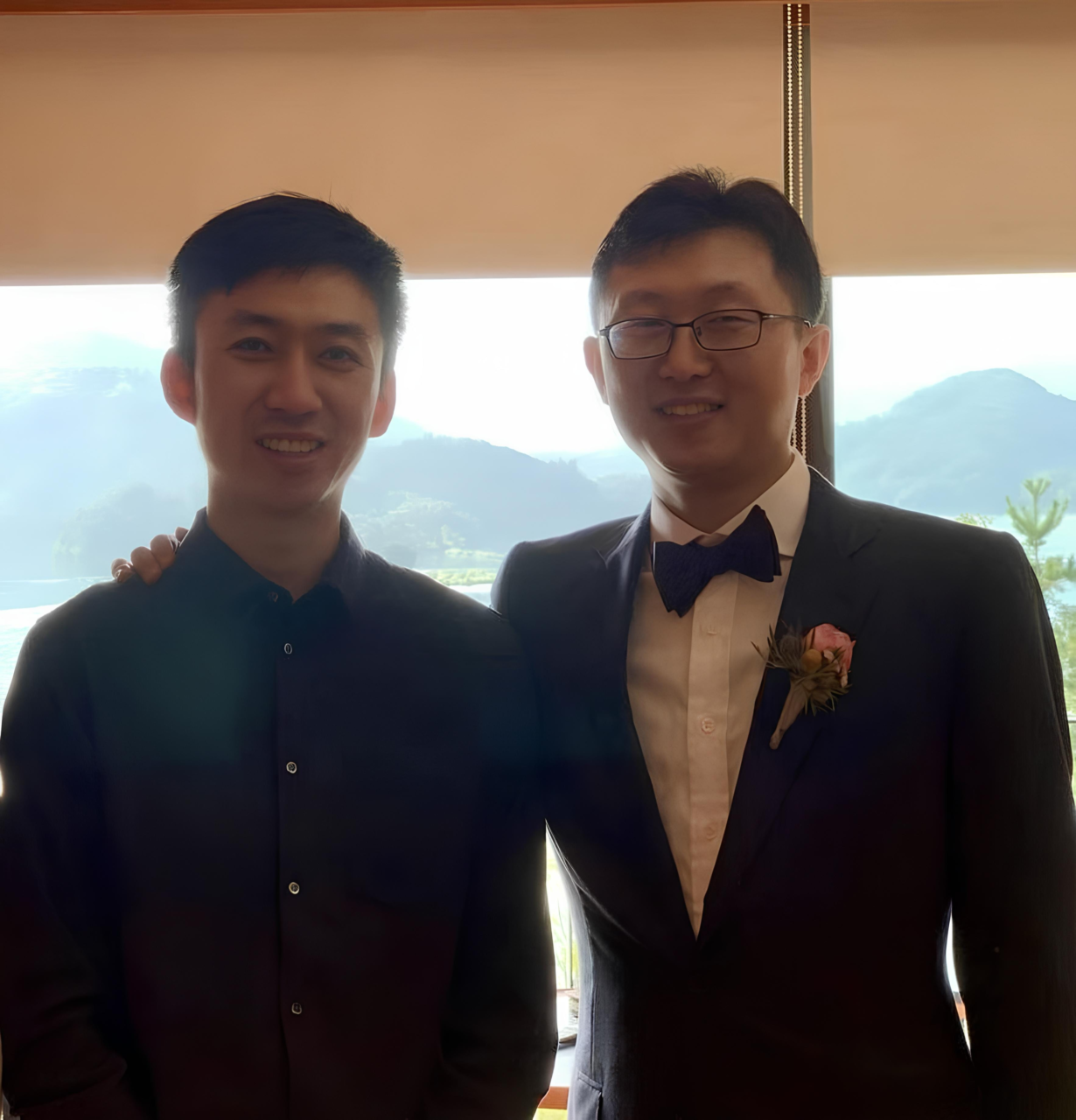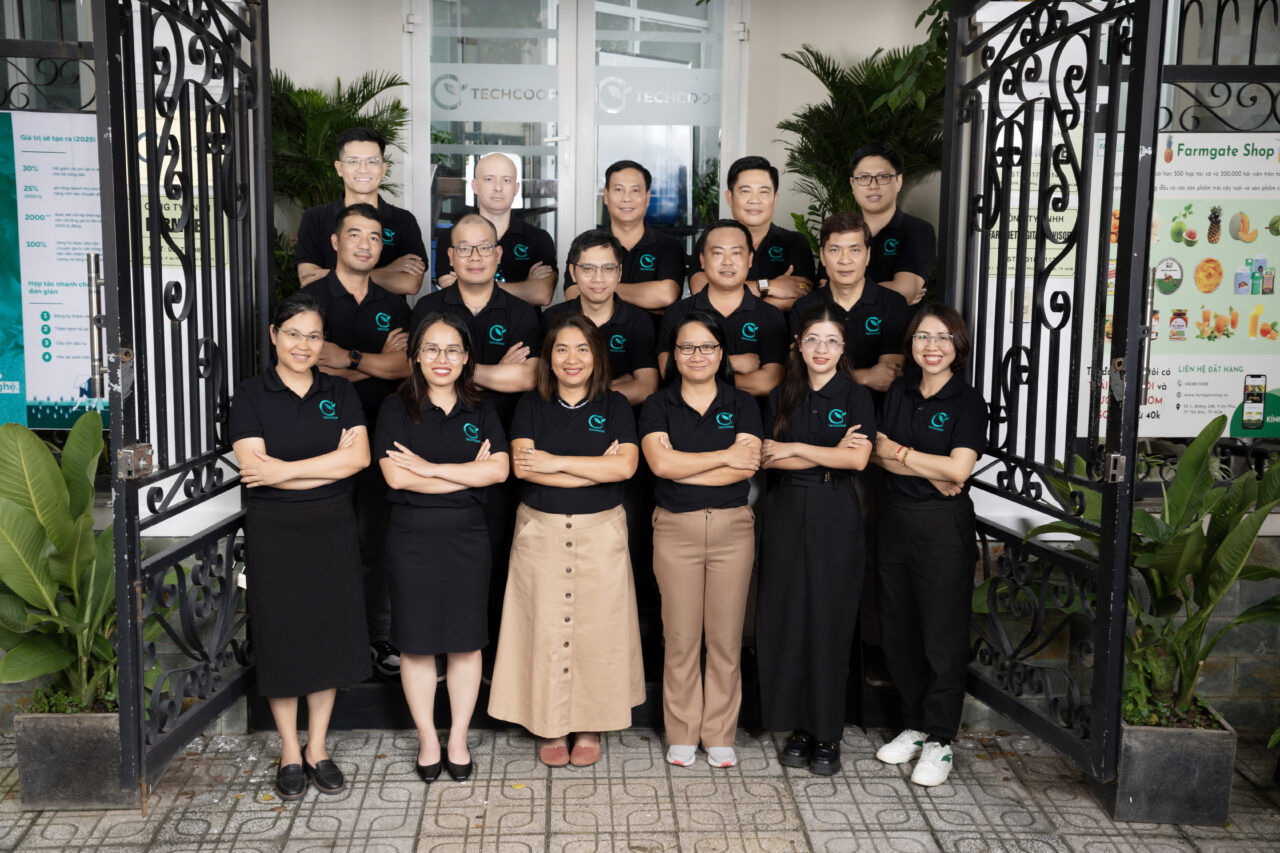Growing up in Indonesia, I understand the pressing importance of waste management as it preserves the environment and greatly affects everyone’s quality of life. Indonesia’s waste management situation has never been great, but as people’s consumption and hence our waste output grows with the economy in recent years, the situation has deteriorated to an alarming state. There’s more trash on the streets, rising cases of illegal dumping, illegal trash burning, and fields of plastic waste floating in our ocean.
It’s often said that the health of our planet determines our collective future. In Indonesia, an emerging economy with the world’s 4th most populated, environmental preservation is far from guaranteed. Rapid population growth and societal behavior have exacerbated plastic pollution and illegal dumping in the country, problems that not only threaten Indonesia’s ecological integrity but also undermine its long-term economic prospects. Today, the archipelago stands among the world’s largest contributors of oceanic plastic waste, underscoring the urgency of scalable solutions that can help reverse the mounting climate crisis.
That’s why we are incredibly excited to back Ernest Layman, Co-Founder and CEO of Rekosistem, a pioneering waste management startup determined to close the loop on Indonesia’s environmental challenges. Ernest started Rekosistem to address the nation’s climate challenges head-on, creating a circular economy and empowering communities to turn waste into opportunity.
Why We Invested: Ernest Layman, Co-Founder & CEO of Rekosistem
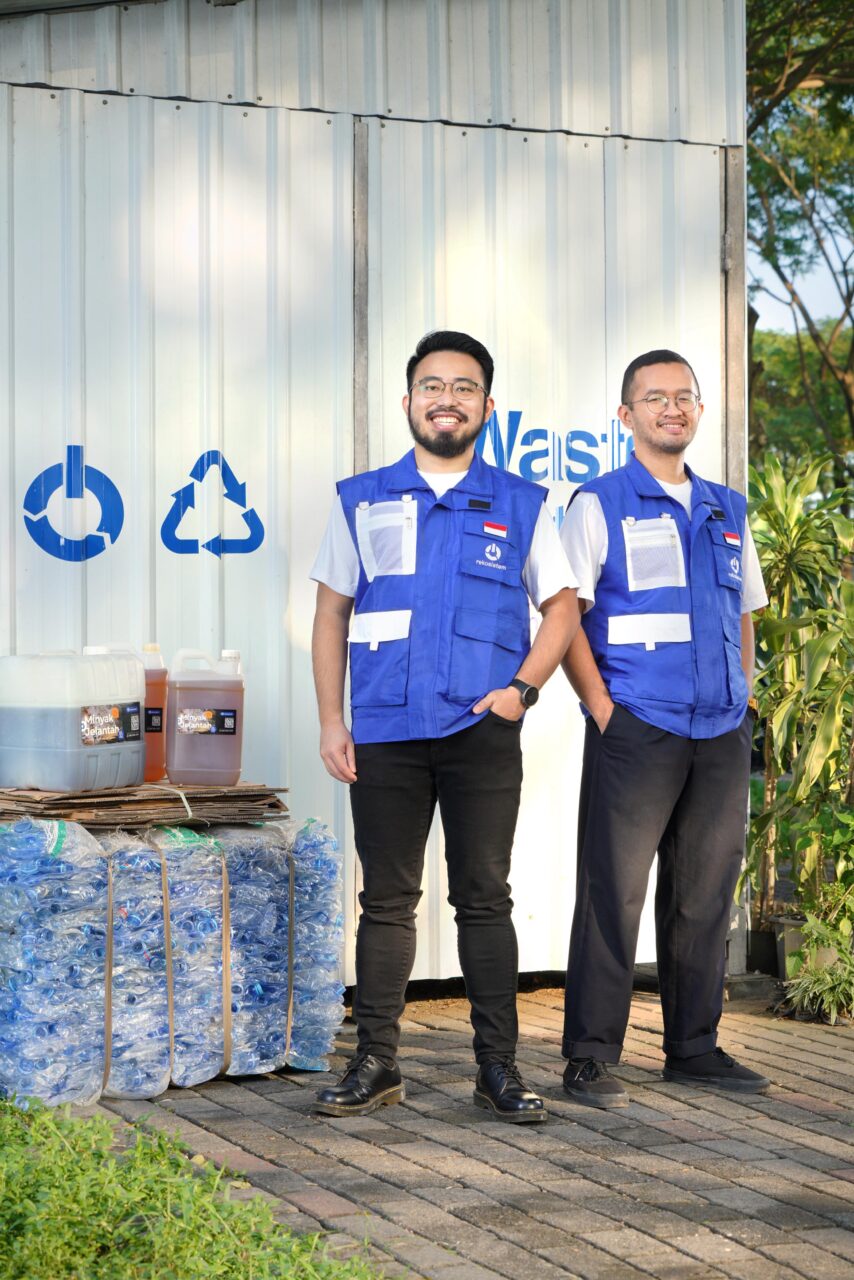
Each year, Indonesia generates more than 65.8 million tonnes of waste and more than 7.8 million tonnes of plastic waste. Based on the World Bank data, 61% of waste in the country is left unattended. Only 24% is managed through formal collection where most of the waste collected ends up in open burning, land dumping, or leakage, resulting in poor air quality, flooding, and health problems. With only 10-15% of Indonesia’s waste being recycled, there is a lot of room for improvement, and therein lies the opportunity to make a difference.
With the industry plagued by fragmentation and mostly consisting of micro, small, and informal players, the government experiences significant challenges in combatting environmental waste. The government needs partners who can integrate the entire waste management process, and make the industry more efficient.
This is where Rekosistem steps in and we are very excited to support Ernest Layman and Joshua Valentino in their efforts to address this issue. Launched in 2021, Rekosistem is transforming the Indonesian waste management landscape by streamlining the supply chain and aggregating waste collection from multiple sources. By optimizing these processes, the company ensures proper waste management and efficiently sorts recoverable materials for further processing. This approach not only boosts the recovery rate but also significantly reduces the volume of waste sent to landfills to be burned, contributing to a more sustainable future.
Ernest has long desired to create a business that is impactful, sustainable, and economically viable. Back in 2016, he realized that waste management was a pressing issue and formed a deep resolve to address it at scale to make a difference in the lives of Indonesians. Driven by this conviction, he then started a small waste management business in 2018 with his partner, Joshua. Both of them spent around five years (since 2016) respectively trying to tackle the waste management market in Indonesia before launched Rekosistem in 2021. Together, they dedicated themselves to achieve this shared mission—to create a cleaner and more sustainable future for the next generation.
Ernest Layman: Where steadfast persistence meets relentless commitment for growth
We look for founders who demonstrate both technical skills and an unwavering capacity to persevere—precisely the qualities that define Ernest’s journey.
A childhood shaped by adversity
Growing up in an ordinary Indonesian household, Ernest was only six years old when he already experienced the hardships of life, seeing people around him struggle. He naturally developed a strong determination to be successful and provide for the people he holds dear. He grew up as a child who was self-dependent, even consciously taking care of his own health to avoid medical costs that could burden his parents. This early self-reliance and sense of responsibility became hallmarks of his character, guiding him through the challenges that laid ahead.
Early passion for competition and growth
Ernest’s drive to excel wasn’t limited to academics, where he consistently earned top marks. He was also a formidable DOTA gamer, ranking 2nd in a national tournament and even placing 8th in a world championship qualifier. This ambition to perform at a global standard reflected a hunger for success that extended well beyond the classroom and the gaming arena.
Relentless pursuit of self-improvement
Recognizing a personal weakness in public speaking, Ernest immersed himself in over 10 student organizations during college and successfully campaigned to become chairman of his faculty’s student board and vice president of his university student board the year after. Since then, Ernest has grown into a confident speaker, capable of inspiring and engaging crowds. Beyond public speaking, his active involvement in various student organizations also honed his decision-making abilities. This blend of determination and can-do spirit would later guide his entrepreneurial decisions and leadership style.
A solid professional who bet his life savings on Rekosistem
Upon graduating, Ernest joined Procter & Gamble, quickly ascending to Marketing Senior Manager in just two years. Yet, he yearned to solve real-world problems with lasting social and environmental impact. When he discovered the devastating realities of plastic pollution and the untapped potential in Indonesia’s waste sector, he felt a call to take real action. In 2019, he left the corporate ladder at P&G to build Rekosistem—investing all of his savings to a point where he had to carefully manage his monthly expenses just to dive in and work hands-on in the waste business. This level of personal risk taken exemplifies Ernest’s determination and unwavering conviction in achieving his mission.
Immersing himself in the day-to-day operations
For three months, Ernest personally drove trucks, sorted waste, and worked closely with street-level waste aggregators to better understand their daily challenges in parallel with creating the system. For one year, Ernest lives at the office to always be hands-on with day-to-day progress. This approach enabled him to pinpoint the key supply chain bottlenecks—such as inconsistent volumes, inadequate equipment, and a lack of trust—that were limiting aggregators’ ability to scale. This underscores his dedication in sacrificing personal comfort in pursuit of meaningful change and advancing the business to the next level.
We understand that Indonesia’s waste management market remains very traditional and fragmented, and it will be a huge endeavor for anyone who wants to tackle the space, let alone to use technology to disrupt this stiff industry. Yet that also means a huge opportunity if a founder can apply the right set of solutions with a solid business model.
In a space that is this fragmented and underpenetrated, a founder’s determination and ability to lead and execute is the key to success. We recognized these traits in Ernest. We are thrilled to invest in Rekosistem to support Ernest and his team on their journey to transform the Indonesian waste management industry to create a better and more sustainable future for my home country and this earth that all of us call home.
